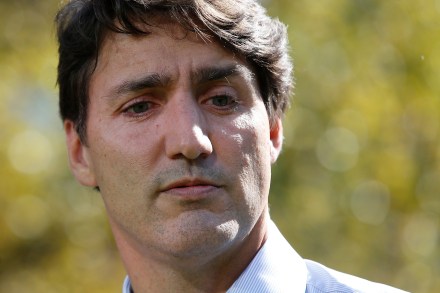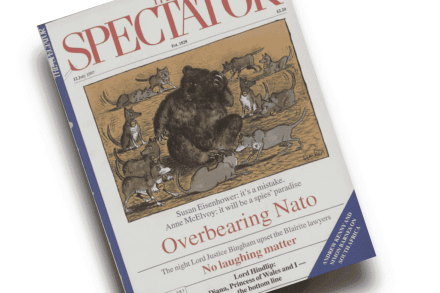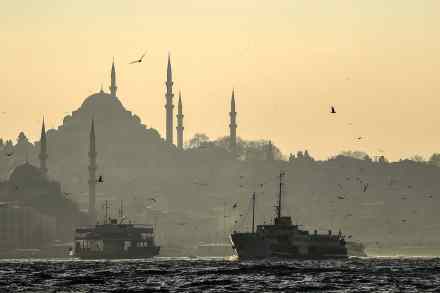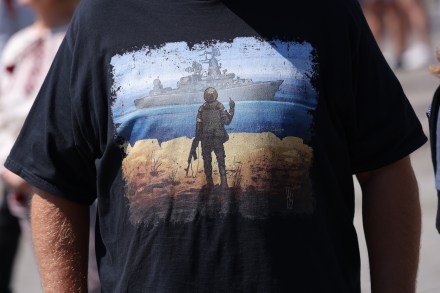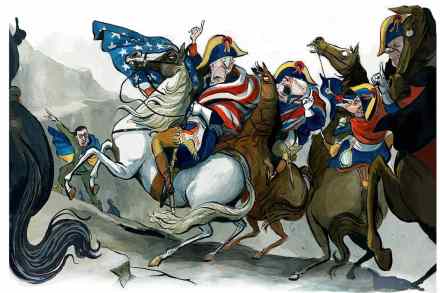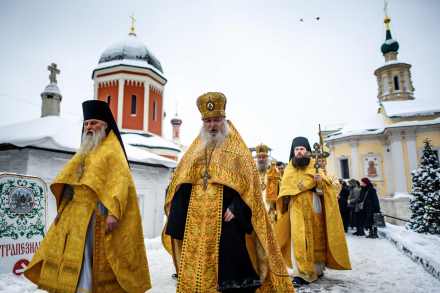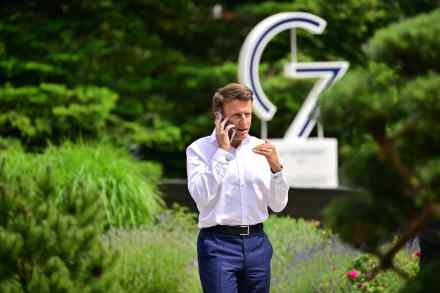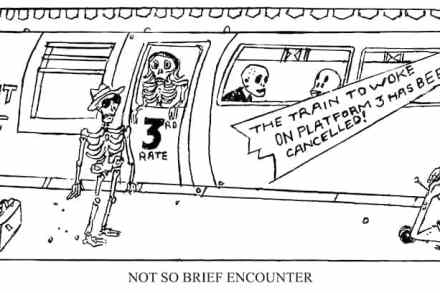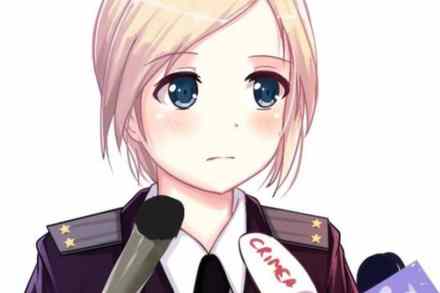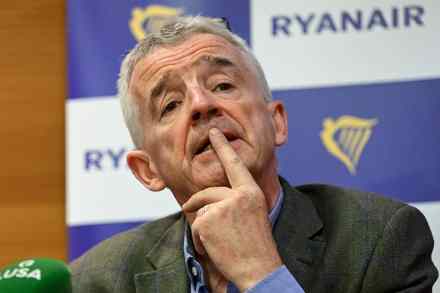How Justin Trudeau caved to Putin
When Russia invaded Ukraine, the West was certain that its sanctions were worth the pain. But there always was a question as to whether this resolve would last once the domestic difficulties actually started. This week, western countries moved closer to admitting it might be too much to bear. At the time of the invasion in February, a massive Russian turbine was being repaired in Montreal. It was one of many turbines used to send gas through the Nord Stream 1 pipeline from Russia to Germany. When the Russians moved into Ukraine, it was kept in Canada as punishment. Over the next few weeks and months Russia replied, cutting off
